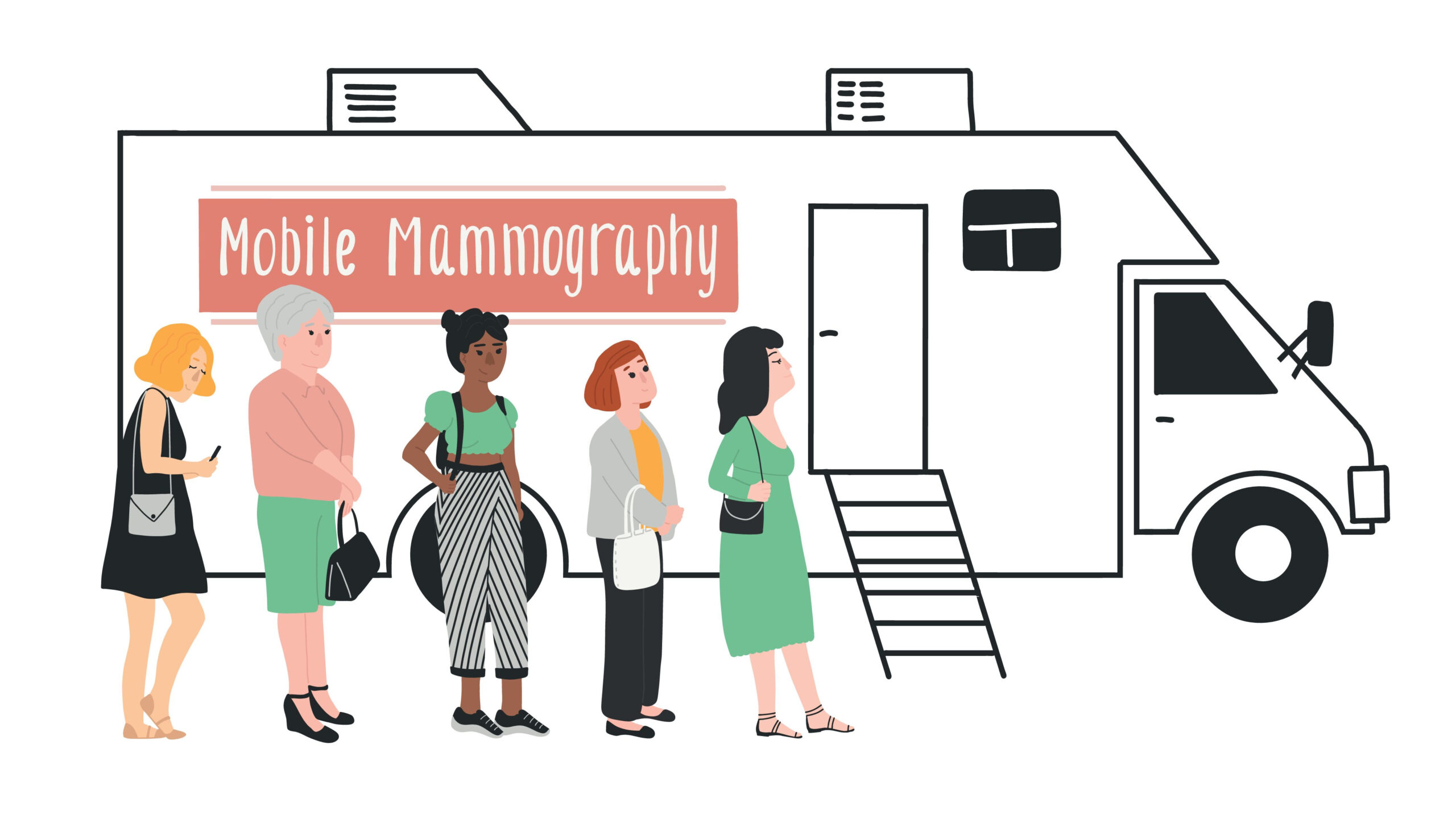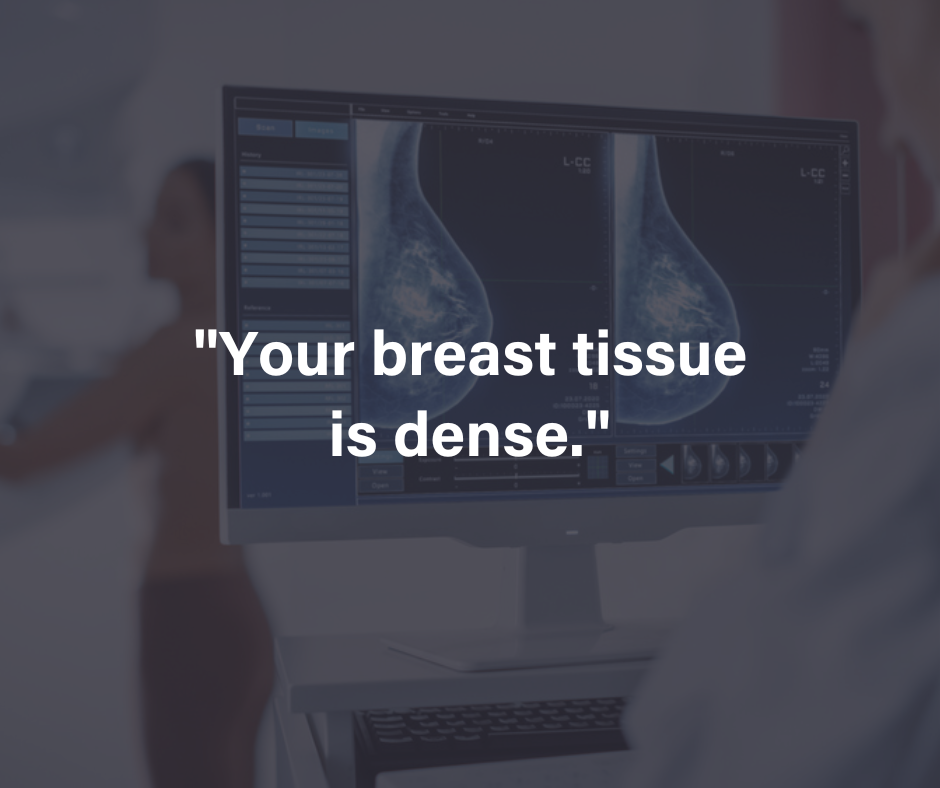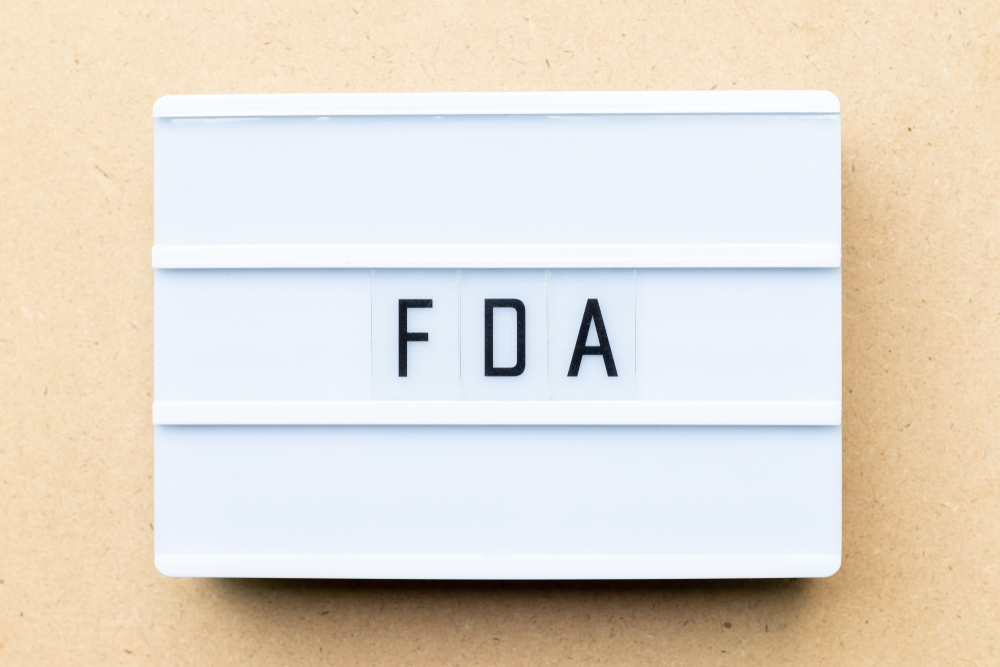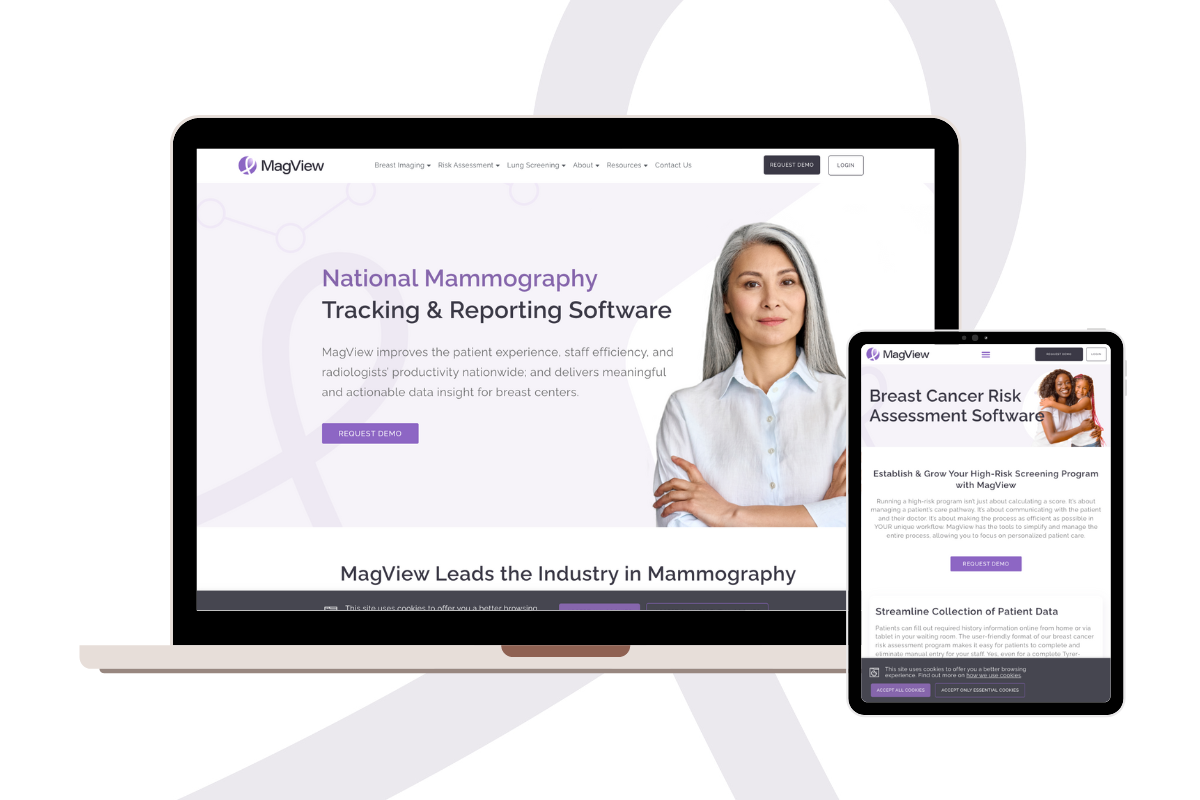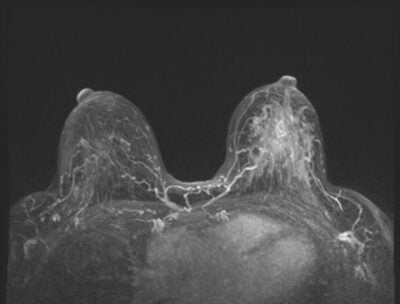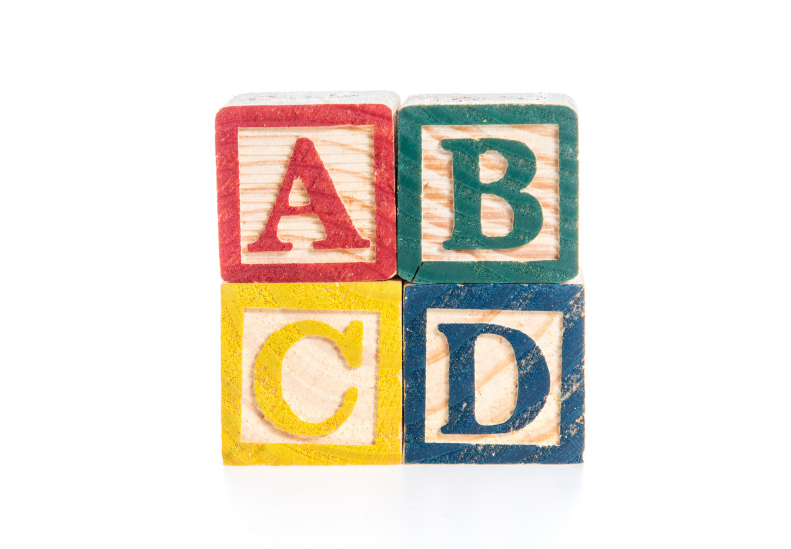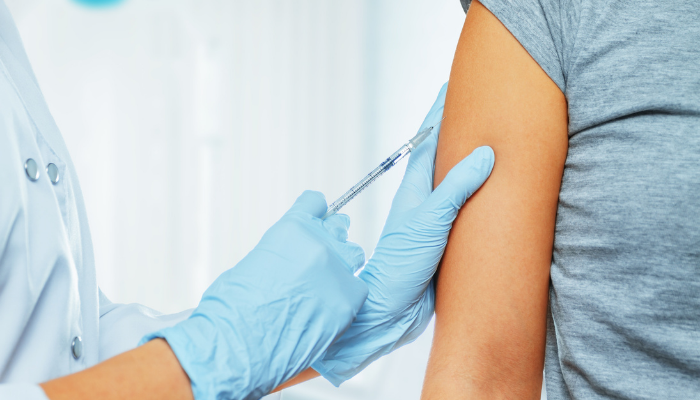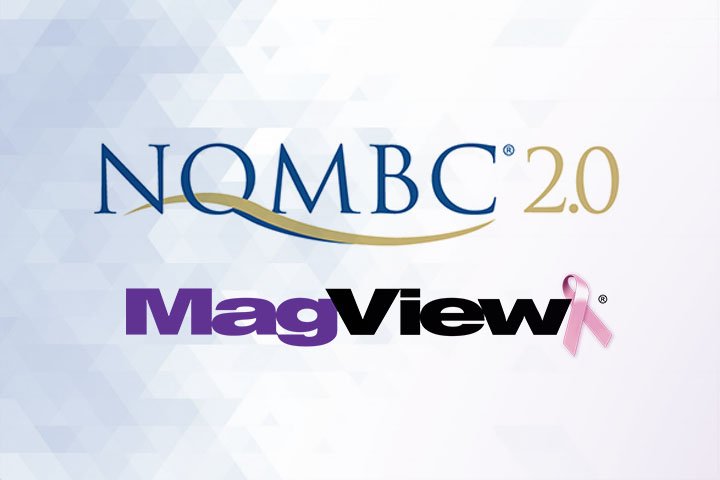After you get a mammogram, you will receive a mammogram results letter, also called a lay letter to explain the results of your breast cancer screening in easy-to-understand language. Medical professionals use BI-RADS (Breast Imaging Reporting and Data System) to describe mammogram results in a uniform and consistent way, but it’s important for patients to understand what the result category assigned to their mammogram means.
What is Category 0 on a Mammogram?
BI-RADS categories 1 to 6 rank mammogram results from no cancer concern to a definitive cancer diagnosis, but Category 0 is not included in this hierarchy. Instead, a BI-RADS.Category 0 means the mammogram was inconclusive and additional imaging is needed. It doesn’t mean something is wrong but rather that the images weren’t clear enough or complete for a full assessment.
What You Need to Know:
While it can be unnerving not to have definitive answers after a mammogram, a category 0 mammogram is not unusual or necessarily concerning. It simply means the radiologist needs more information to accurately evaluate whether any cancer concerns are present. Additional tests will give clear answers and help you plan your next steps.
Why Might You Receive a Category 0 Result?
A Category 0 mammogram in and of itself is no cause for alarm. Some of the most common reasons for an inconclusive mammogram include:
Dense Breast Tissue
Dense breasts aren’t necessarily a cause of cancer, but dense breast tissue may make it harder to view mammogram results. Follow up screening for dense breasts often includes a 3D mammogram, breast MRI or a breast ultrasound to get more detailed images.
Unclear Images
When mammogram images are not sharp enough to make a definitive assessment, a new mammogram or alternate type of imaging may be ordered.
Suspicious Areas
When areas of concern are present on a mammogram, the radiologist may need more detailed images than were possible with the initial screening. Other imaging methods may be used to get more information before assigning a different BI-RADS category.
Comparison with Previous Mammograms
Depending on your medical history, it may be necessary to compare mammogram results over time. In this case, a Category 0 mammogram might indicate the need for more images to get a better understanding.
Next Steps After a Category 0 Mammogram
As discussed above, a BI-RADS Category 0 indicates the need for more information. Follow-up procedures are common after a Category 0 mammogram, and they often clarify the initial inconclusive result without further concern.
Diagnostic Mammogram
A more detailed type of mammogram, a diagnostic mammogram focuses on specific areas of concern, using additional angles or magnified views.
Breast Ultrasoun
A breast ultrasound is a painless procedure that uses sound waves to create pictures of the inside of the breast and is often used to check lumps or abnormalities found on a mammogram
MRI
Unlike mammograms, a breast MRI uses magnets and radio waves to create detailed pictures of the inside of the breast, usually used to get accurate images in women who are at high risk of breast cancer.
Importance of Category 0 in Breast Health
It may seem strange to get a mammogram result that doesn’t seem to offer answers, but a BI-RADS Category 0 is a way for the radiologist to ensure nothing is overlooked in your breast health screening.
Why Category 0 is Not a Diagnosis:
Even if you’re nervous about the uncertainty of a Category 0 mammogram, it’s important to remember that this result does not indicate cancer or any other condition. It’s simply a precautionary measure that ensures all findings are fully evaluated before making any conclusions.
Ensuring Accuracy
The goal of a BI-RADS category 0 result is to obtain clearer images so a more definitive assessment can be made. This ensures that any potential issues are caught early so that any necessary treatment can begin as soon as possible.
How to Prepare for Follow-Up Imaging
If you receive a Category 0 mammogram result, there are a few things you can do to prepare for your follow-up imaging.
Know What to Expect
Additional imaging may involve extra mammograms, ultrasound, or MRI. These are routine and generally painless procedures that provide the answers needed for early detection and treatment of breast cancer.
Bring Previous Mammograms
If you’ve had mammograms done at another facility, bring those images with you to your appointment or ask that they be provided to the new imaging center, so comparisons can be made.
Questions to Ask Your Doctor:
- Why was my mammogram inconclusive?
- What additional tests will I need?
- What can these tests tell us that the original mammogram couldn’t?
- How long will it take to get the follow-up results?
Get The Answers You Need
If you have had a Category 0 mammogram, you’re not alone. Follow-up imaging is a standard part of ensuring your breast health, and it does not mean that you have breast cancer. Early detection is key to successful treatment, so regular breast cancer screenings and follow-ups are essential to ensure your health.
Follow our women’s health blog to stay informed and take charge of your health!
References

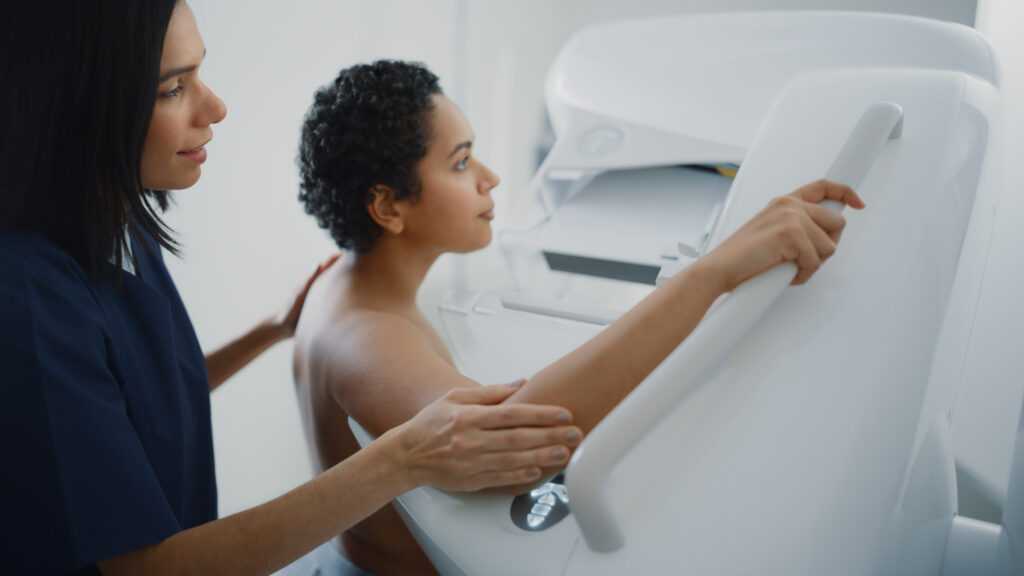



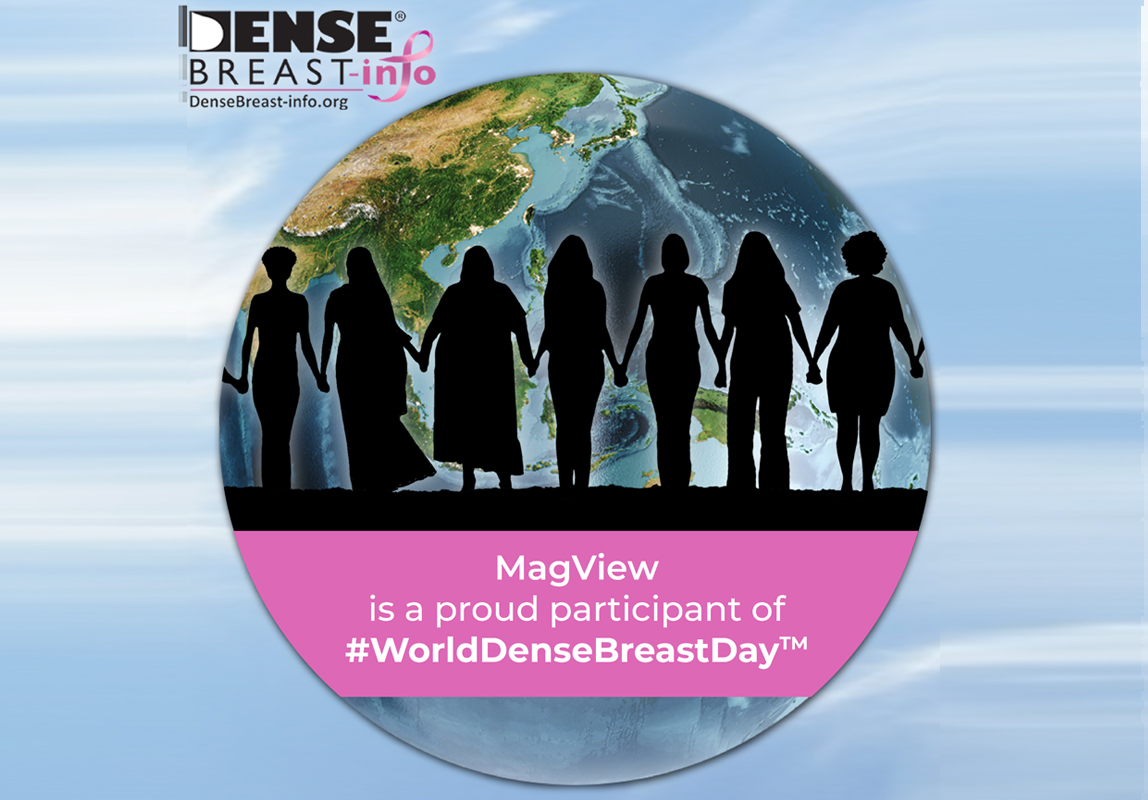
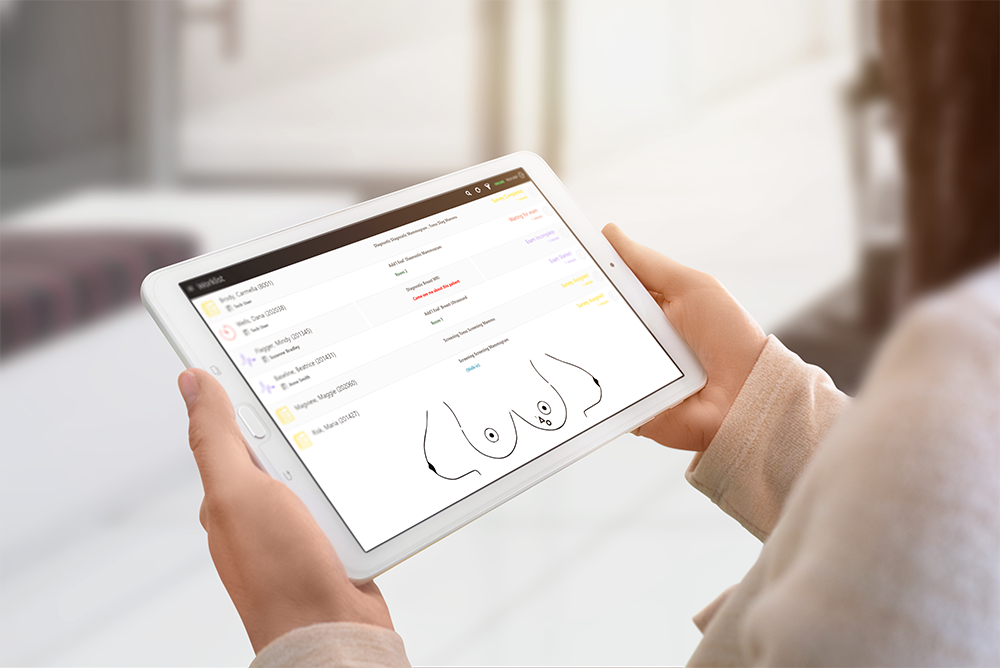

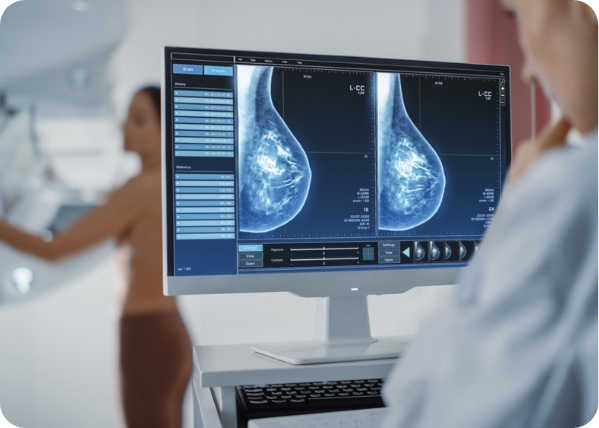

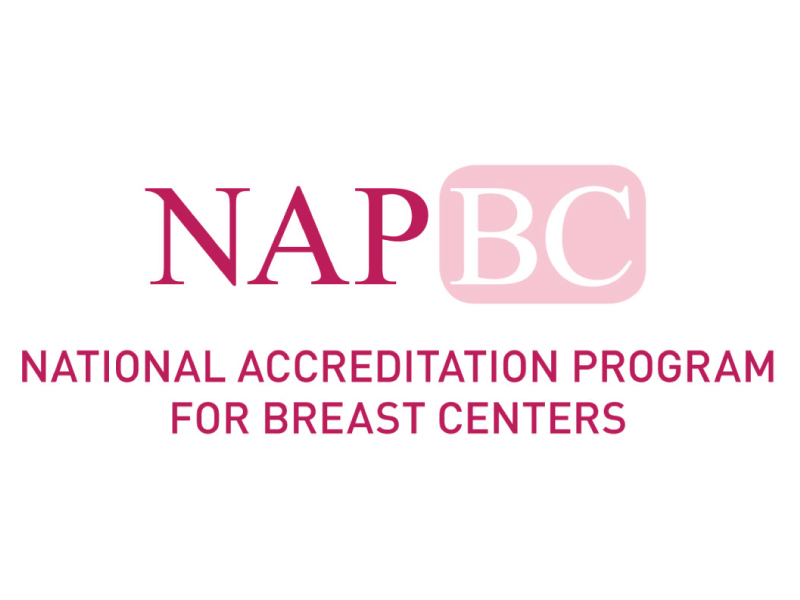
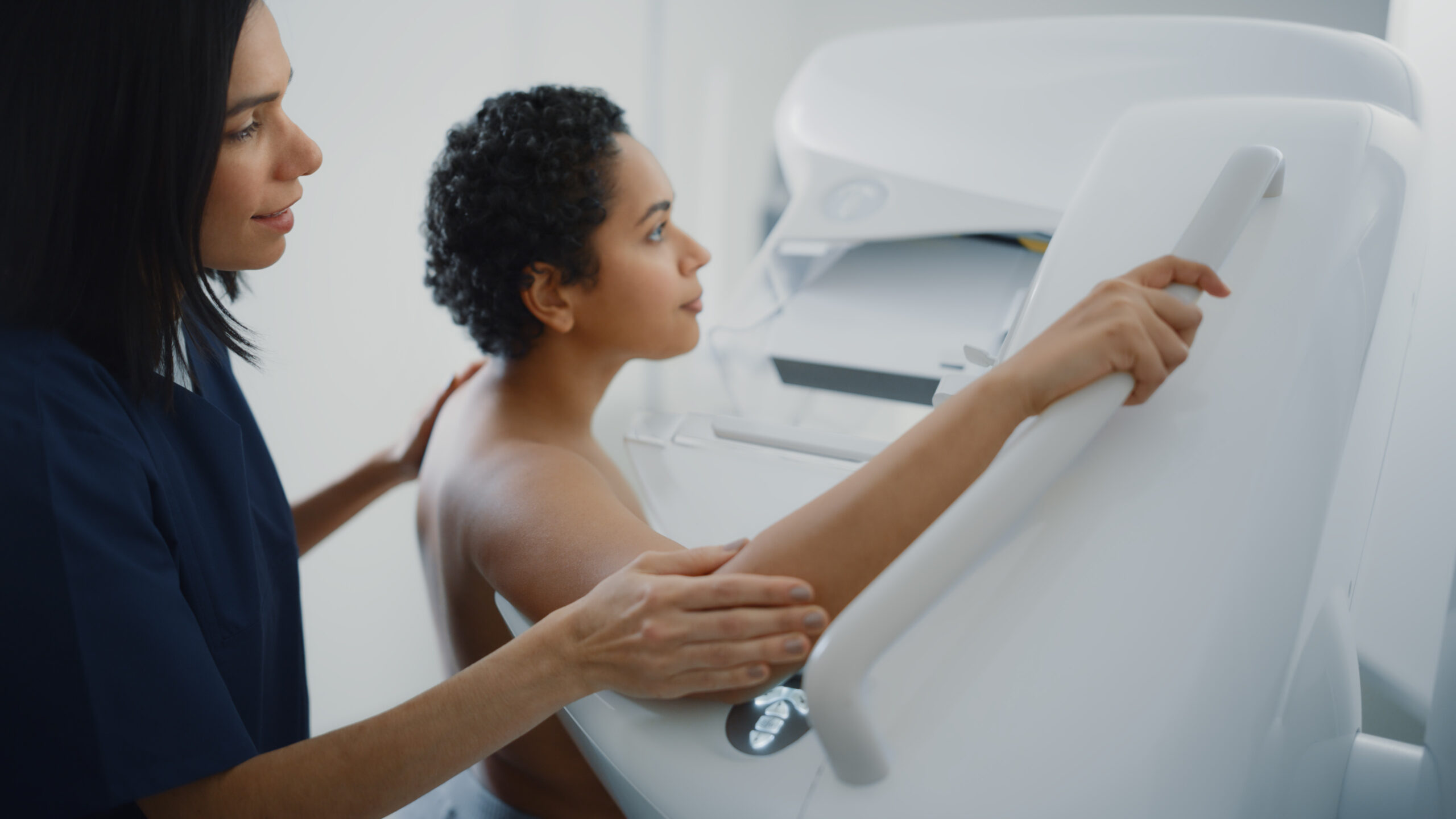
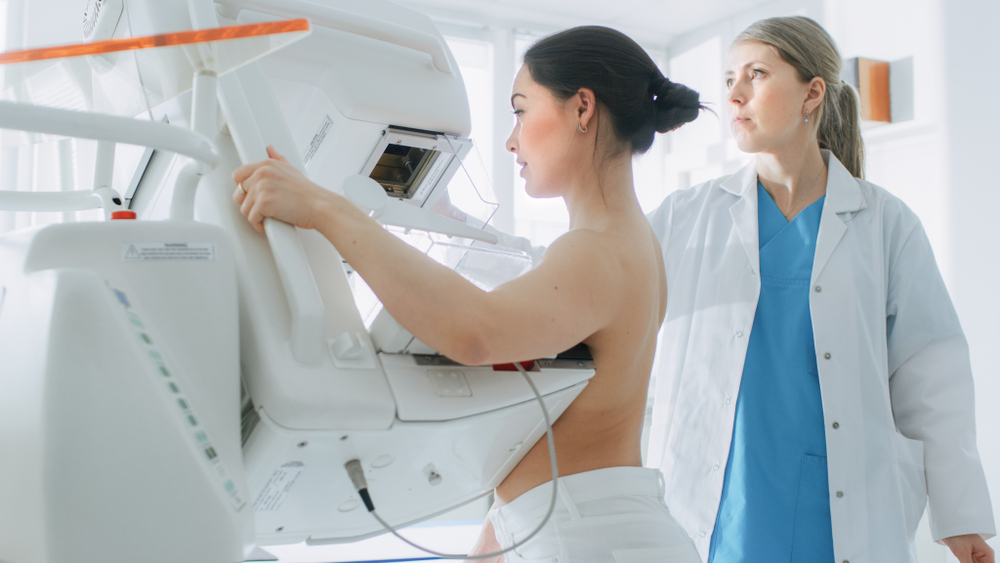
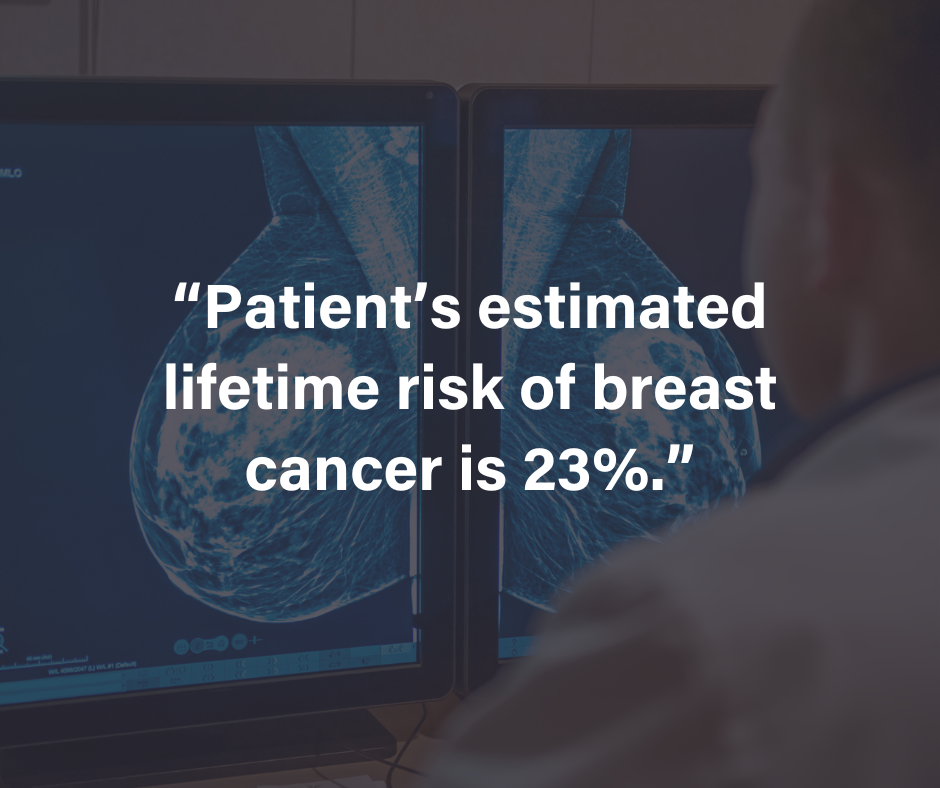
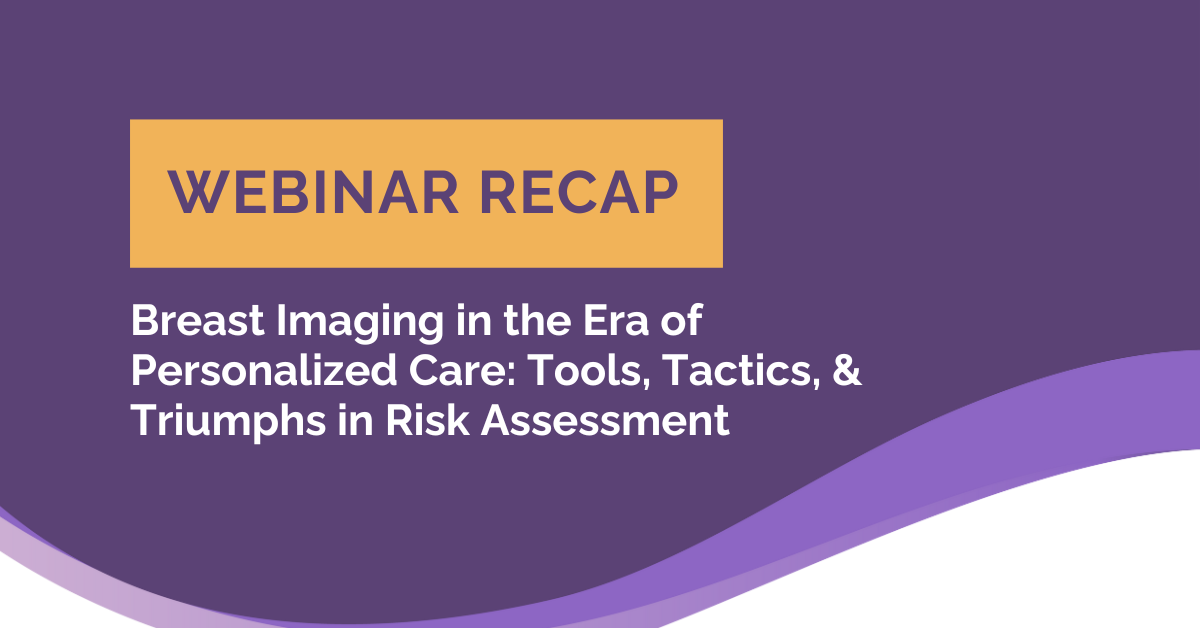
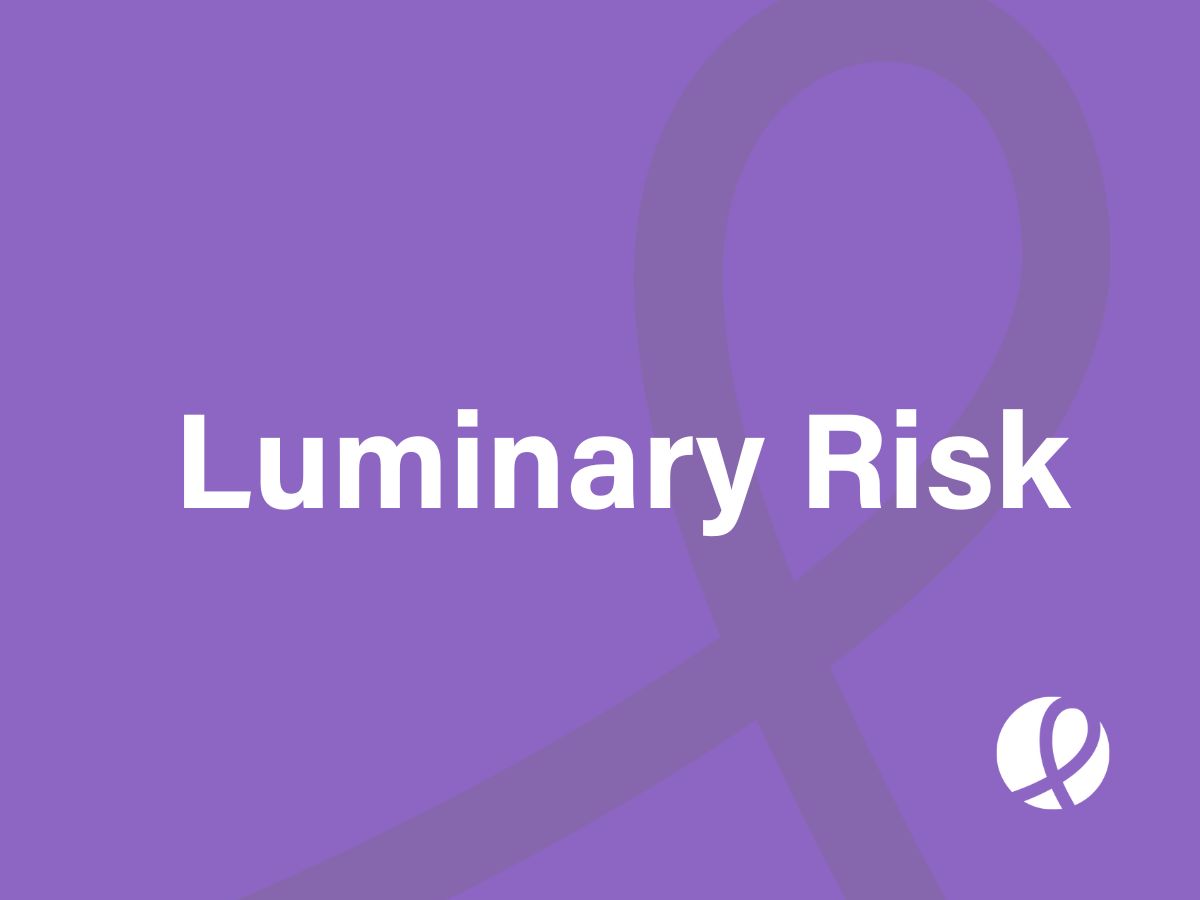





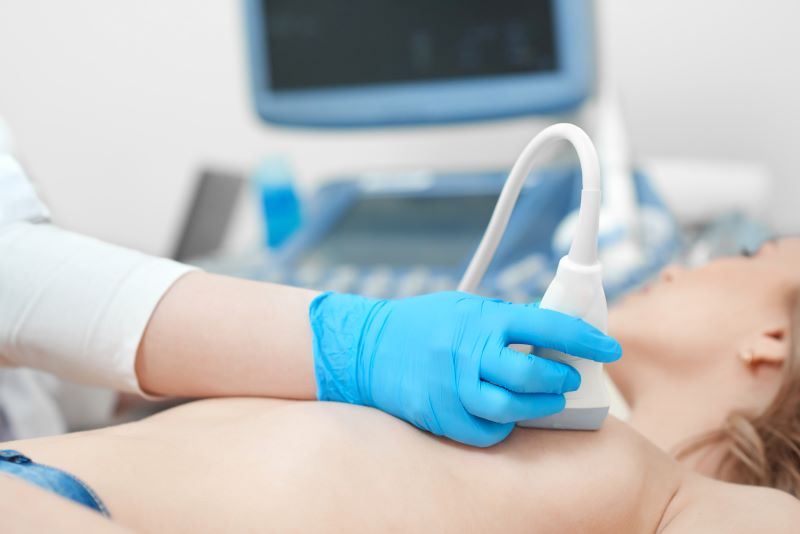
![monitoring breast density shutterstock_1299510538-[Converted]](https://magview.com/wp-content/uploads/2023/05/shutterstock_1299510538-Converted.jpg)
